In the past six months I have received an increasing number of e-mails and Facebook messages from fans-turned-writers, friends of friends (or family of friends…sometimes friends of family), total strangers (who have never read my books), and people from my distant past. Generally, I try my best to respond to each and every e-mail I get, but the number of people looking for in-depth advice on getting published, or asking me to read their novel, has reached numbers I can’t possibly reply to (in a meaningful way) while still writing and publishing the amount of books I do. So, I decided to put my advice in a quick blog post to which I can refer advice seekers.
Be forewarned, my advice is generally no-holds-barred, blunt truth, and most new writers aren’t going to want to hear it, and most probably won’t listen if they do. See, I’m being blunt already.
I finished my novel, can you read it and tell me what you think, and/or give me a blurb?
Nope. It’s not that I don’t want to. I would love to read your novel, especially if it’s as good as you believe. But, alas, I am a human being who has a more than full time job (I write 4–6 novels a year and co-author 3–4 more), all of which are published under the imprint I own and run, Breakneck Media. I also write comic books, shorts stories, and screenplays, and I create or art direct the book covers, create the video trailers, do all the marketing, and manage the website. Also, I have three homeschooled kids, and a very small social life. Like tiny. But all of that leaves me with very little time to read each day. Sometimes, even if I have the time, I don’t have the energy to do more than put on John Wick and veg out with Keanu Reeves.
Does this mean I never give blurbs? I sometimes do, but usually only if I’m asked by an established writer I know is good, by my agent, or by an editor I’ve worked with, all of whom I trust to not send me a book I’ll hate. Because here’s the deal: telling an author their book isn’t good enough for me to blurb is heartbreaking, for the author, and for me. And because of that, in the past, I’ve blurbed books I shouldn’t have. And that’s no good for anyone. If my fans spend money on a book that’s no good because I said it was, I’ve created some bad will for myself. And while it might make the author happy, it doesn’t really help that author, because the people who pay for the book are going to be far less merciful when they post reviews.
I’ve finished my first novel, tell me what I need to do to get it published.
Okay, first thing. I don’t write or publish poetry or memoirs. I don’t know anything about getting them published. I’m so confused when people ask me what to do with those kinds of books. But this next bit of blunt advice probably still applies. That you have written your first book is fantastic. Really. Most people never get past the “I have a great idea for a novel” stage, and you have. It’s a thrilling time, and if you’re still in the glow of that completion, maybe stop reading now and come back later.
You’re still here? Okay, painful advice time. Your book isn’t as good as you think. Ignore what your family and friends tell you. They’re lying. Like me giving blurbs to books I shouldn’t have, they’re being merciful, because they don’t want to hurt you. And neither do I (which is why I can’t read your first book). When I first started writing, it wasn’t novels, it was screenplays, and my first one was a steaming pile of dung smoked in King Kong’s flatulence. I thought it was great. Luckily, I am married to a woman who, gently, told me it was bad. And then she continued to tell me where my writing was bad for the next ten years. And that’s when I decided to write a novel. And that was bad. Odds are, your first novel is better than my first novel, and light years better than my first screenplay, but it’s still not good enough to be published. Trust me. So what can you do about it?
Write another.
And then another. With each novel you write, you’ll get better. And then, if you’re still in love with your first novel, you can go back and edit or rewrite it. That’s what I did with mine and I turned a bad book into something respectable, that is still some people’s favorite of all my books. If you want to be a professional author, you need to write more than one book, and you need to write all the time. Thinking about writing that next book shouldn’t be discouraging, it should be a thrill. I’m excited every time I finish a book, and every time I start one. So, if you really want to be a writer, this advice should feel fun. All I’m doing is telling you to write more. A lot more.
I’ve written a bunch of books, and been edited, have paid my dues and am ready to take the publishing plunge. What do I do next?
This is probably the advice that most people are going to jump to because everyone knows their book is gold. But before you continue on, perhaps consider the possibility that your book isn’t quite even bronze. Continuing down the path to publication before you’re ready could do more harm than good.
If you’re still here, and you’re really doing this, you have two paths before you: find a traditional publisher, or go it alone and self-publish. I’ve done both, but I’m actually the last person to ask about how to get a traditional book deal, or an agent. I chose to self-publish way back in 2005, before e-books were a thing, and before it was a respectable career choice. My first three books did well enough that I was able to become a full time writer. The success of those books attracted the attention of my agent, and then my publisher(s). My professional career began without sending more than a handful of query letters.
Don’t let this fool you into believing that self-publishing is the way to go. I was lucky, and naïve, and fortunate enough to have a background in illustration and graphic design that let me at least look like I knew what I was doing. My path to success took me to the brink of financial and emotional ruin. I wouldn’t wish it on anyone. It only worked for me because I was too stubborn to stop. So you can either charge right ahead for the next ten years, or hold off and do it right.
So, how do you do it right? From a technical point of view, there are tons of online resources that can be found with the quickness of a Google search. Since I no longer format my e-books or print books, I’m really not a good resource.
What about marketing? No idea. I used to think I had an idea, but thanks to the ever-evolving internet, marketing a book changes from year to year. Aside from the obvious stuff like having a website, things keep changing. If you pick up some of the newest marketing books, odds are I’m reading them too.
And there is the crux of my advice. Start researching and learning and evolving, and never stop. Asking me, or any other author how do to things, is going lead you to advice that might work for them, but not you, or advice that is out of date by the time you apply it. I very rarely hear of a marketing technique that works well for many people. You have to be willing to learn and experiment and fail. Mostly fail. Every time I think I have something figured out, it falls to pieces and I start over.
Well, geez, Jeremy Robinson is a cynical grump!
Kinda. But I stand by my honest advice. Everyone knows this quote: “Give a man a fish and you feed him for a day; teach a man to fish and you feed him for a lifetime.” That’s great, but we’re talking about writing and publishing. In our case, the fish are evolving. Rivers are moving. Waterholes are drying out, while others are filling up with all new kinds of fish. Simply knowing how to fish isn’t enough. You need to develop the skills and work ethic to change with the fish and river and ponds. Walking up to another fisherman and saying, “I just bought a rod, what do I do now?” isn’t going to help you for long. But learning how to adapt, to research, and study, and experiment so that no matter how things change, you can always figure out how to fish? That should be your goal. Don’t be in a rush to catch a single fish.
Okay, before a lynch mob forms to slay the author who won’t really help anyone, let me clarify. If you ask me a specific question that has a specific answer, I will gladly share whatever I know. If I have any insight on the matter, it will be yours. Learning how to write and publish involves getting advice from people, but the e-mails and messages I’ve been getting are the fishing analogy equivalent of approaching a fisherman and rather than asking how to hook a worm, asking him to divulge everything there is to know about fishing: rod, reel, tackle, bait, casting, netting, descaling, boats, locations, etc…
I believe in helping other authors, and answering questions is part of that, but there is no better advice I can give an author thinking about getting published, than, “Figure it out yourself.” Why? Because then you’ll REALLY know it. Because when things change, and they will, you’ll know how to change with it. Just as Henry Jones wanted for Indiana, I think “shelf-reliansh” will help you more than quick advice from me or from any other author can. Don’t try to do what I did, or another author did. It probably won’t work for you. What will work best for you is what you figure out. It’s what you’ll have to do anyway, the moment you discover that another author’s method either no longer works, or doesn’t work for you.
So there you go. My advice. It’s not fun or glamorous. But it’s what I’ve got. And it’s what worked for me. And its why I probably can’t read your book, tell you how to self-publish, or get published. I wish I could. If I had a quick answer, my own career would be easier.
All that said, if you need a starting place for your research, check out:
So You Want to be a Writer – Web Series with Scott Sigler – My pal, Scott (whose last name was used for Jack Sigler) has produced a fantastic video series full of great advice for new writers. And there are lots of other resources with great advice like this, just waiting to be Googled.
Kindle Boards – Message boards where new and established writers exchange info about self-publishing on the Kindle.
Joe Konrath’s A Newbie’s Guide to Publishing – I highly recommending going back and starting around 2010, when Joe first started self-publishing. Years of great advice. Recent years are more focused on the debate between self-pub and traditional pub.
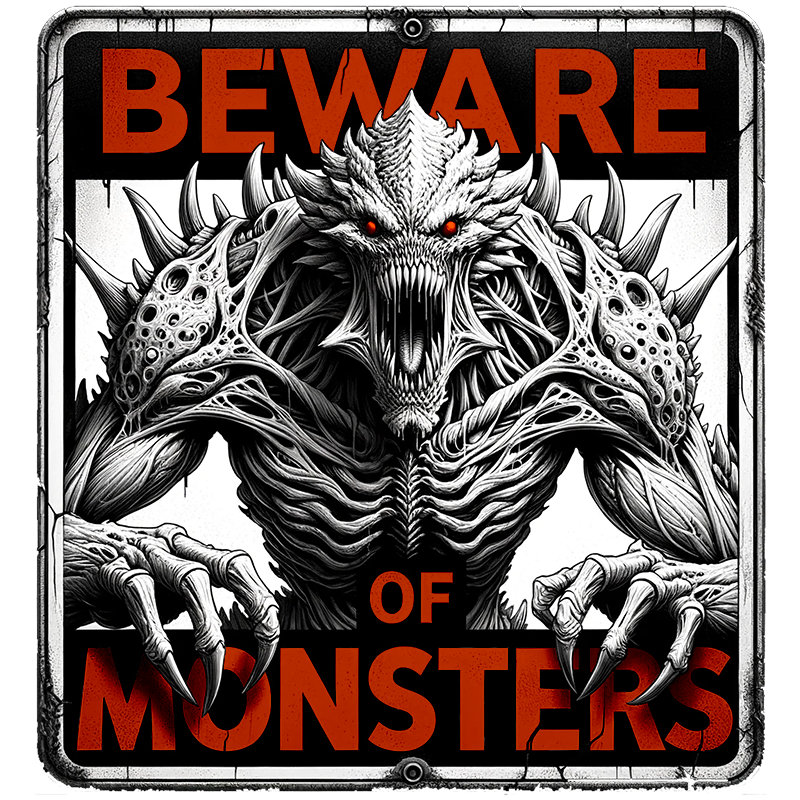

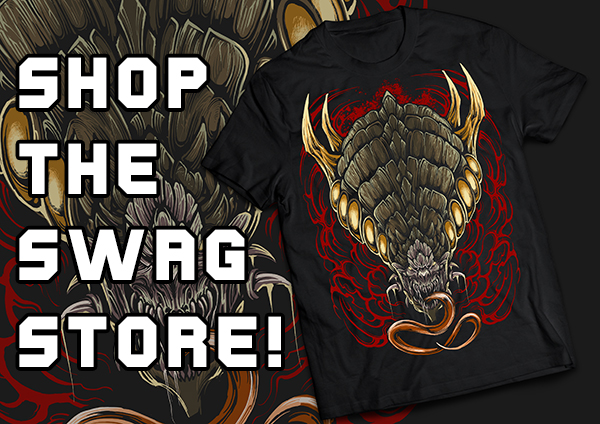
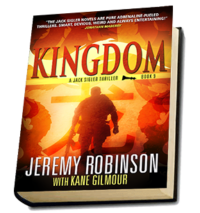
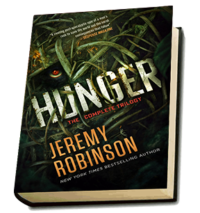
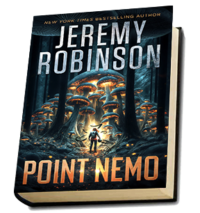
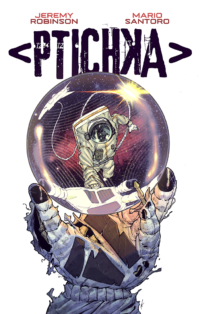
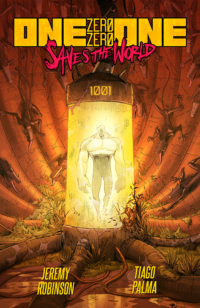
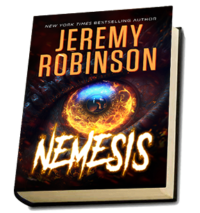
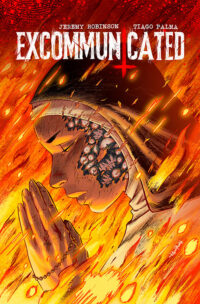
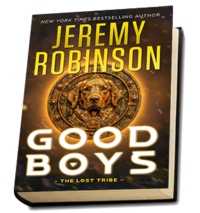
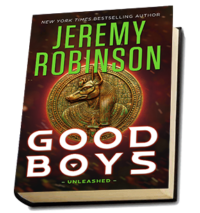
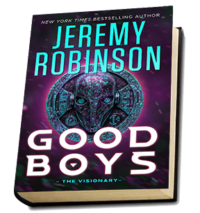
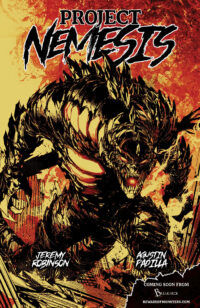
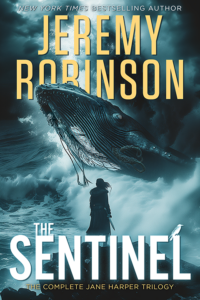
Thanks for these reflections. Resilience is the word I felt as describing your advice to those who (like me) aspire to become writers. I appreciate your honesty and the fact you shared of your hard experience. Everyone must find the right balance between their personal, professional and writer lives, like in my case. Not an easy thing to do, but your words keep that writer-fire still burning. In think the fact that striving to be a writer is not easy is the reason why it’s so much fun.
All the best to you and your family, and thank you for being creative and inspiring.